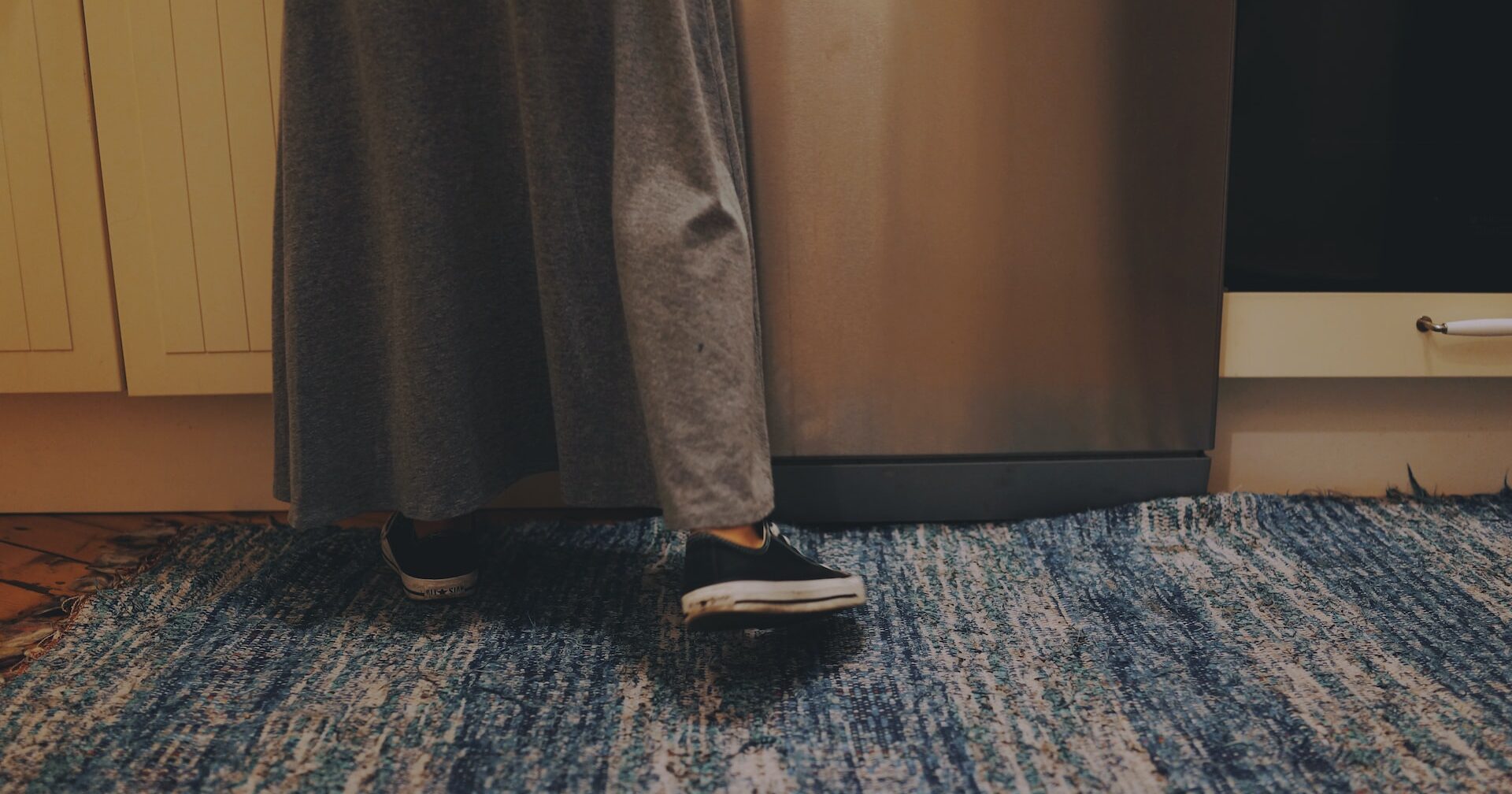I am a psychiatrist and a mother and in my job I take care of a lot of other mothers. I talk the talk about work/life balance and I will admit, I rarely walk the walk. Lately I have been examining my own and my clients’ failure to walk said balance walk. We’re smart, self-respecting, capable modern women. Many of us have great, supportive partners. We know all the prudent self-care practices we should be following. The question I keep asking myself is, why aren’t we doing them?
Why is it so easy to agree to, and just as easy to ignore? Even for someone like me who knows the science behind it and spends her professional life advising other people on how important it is for their mental health?
The answer, I believe is… because we can.
The “Because I Can” Syndrome
As Claire Cain Miller reports in the New York Times in February 2020, despite the gender gap closing in many arenas, it has not budged much in the home. A Gallup poll showed that younger couples were no more likely than older couples to divide up household tasks equally. Multiple studies have shown that while men do a little more child care than in previous eras and women do a little less, approaching more equality, the same has not happened with other household tasks. Compared to men, women still spend about an hour more a day on housework, and an hour more on child care. These data were all compiled before the pandemic and I believe that when the numbers are crunched again after it, we will see them getting even worse.
I believe that working women often shoulder more of the household work, even before Covid, for a simple reason: because we can. We know what’s needed, where the phone numbers are, how to do it, and it’s easier to just do it than to delegate the work to someone else.
In the pandemic and ensuing work-from-home-era, this trend has been exacerbated. Why? Largely because of something I like to call the “Because I Can Syndrome.” My coauthor Diane Lennard, PhD and I define this syndrome in our new book, Humanizing the Remote Experience.
Why throw in a load of laundry during a seven-minute break between Zoom calls? Because I can. Why stand up from the desk at the end of the work day and turn immediately to unloading the dishwasher? Because I can. Why answer a few quick emails before turning off the light at night? Because I can. When we worked in offices, we had to spend those eight hours not doing housework. When we commuted, we had to take that breath between work and home. Before the digital era, work wasn’t constantly accessible from home like it is now. Now, we can do it all and so we do.
Costs of Efficiency
Time is precious. There is more to do these days than most can manage to do in 24 hours. If something is sitting there in front of you it often seems easiest, best, and most convenient to just get it done.
Working from home should mean that you can squeeze in that exercise you wouldn’t have been able to do otherwise. You can take the extra time to cook a healthy lunch instead of getting takeout. But boundaries blur and it becomes easy to do the same thing for everything on the to-do list, not just the ones that are good for you and optimize what you would have already been doing in a work day.
I frequently tell my clients to maintain the kind of routine and structure in a work-from-home situation as they would in their work-from-office. Don’t shift from the bed to the desk in your pajamas and log on. Instead, take a shower, get dressed, and walk around the block “to work,” and again around the block “home from work” at the end of the day. The crux of self-care is doing the right thing for yourself even if it is not the most convenient or efficient thing, and even if it isn’t the best thing for every single person in your life.
The so-called convenience and efficiency of having your home and your workplace one and the same, the laundry and the mess and the other tasks right there at your fingertips, can turn from a blessing to a curse.
What Can We Do?
When the vacuum cleaner was invented women were supposed to have so much more time on our hands, freed up from all that manual floor cleaning. Do we have more free time now than we did then? No, much less actually. Our time will always be filled with something else. Why? Because we can.
Unless you don’t.
You can choose not to let all your extra space get filled in with the to-do list. Don’t do the menial task just because you can. Sometimes, sit and do nothing. It is very important to sit and let your mind wander from time to time – this exercises a different network in your brain than the normal daily thoughts use, and it is where flexible creative thinking and new ideas can originate. How often do you sit and mind-wander these days? We tend to either keep busy with the next thing, or else take out our phones. We are increasingly uncomfortable with free time and space even when we do happen to chance across it.
Take breaks. Stop. Don’t do the next thing. Do the thing that lights you up. Stack up enough small moments that light you up and you will feel more like the person you always thought you would become when you were playing at adulthood as a child. Say no. Not just to others but to yourself– to that thing that would be really easy to just get done quickly and get out of the way. Try taking the minute for something else instead. Or for nothing at all.
The dishwasher will still get emptied eventually. (Hey, maybe someone else will empty it while you’re busy with yourself.) And is there really such a rush to empty it when it’s just going to get filled right back up once again? Take a second for something that might make you fulfilled instead.
Dr Amy Mednick’s new book is Humanizing the Remote Experience through Leadership and Coaching: Strategies for Better Virtual Connections, and is now available. Learn more at www.HTRE-Book.com.

